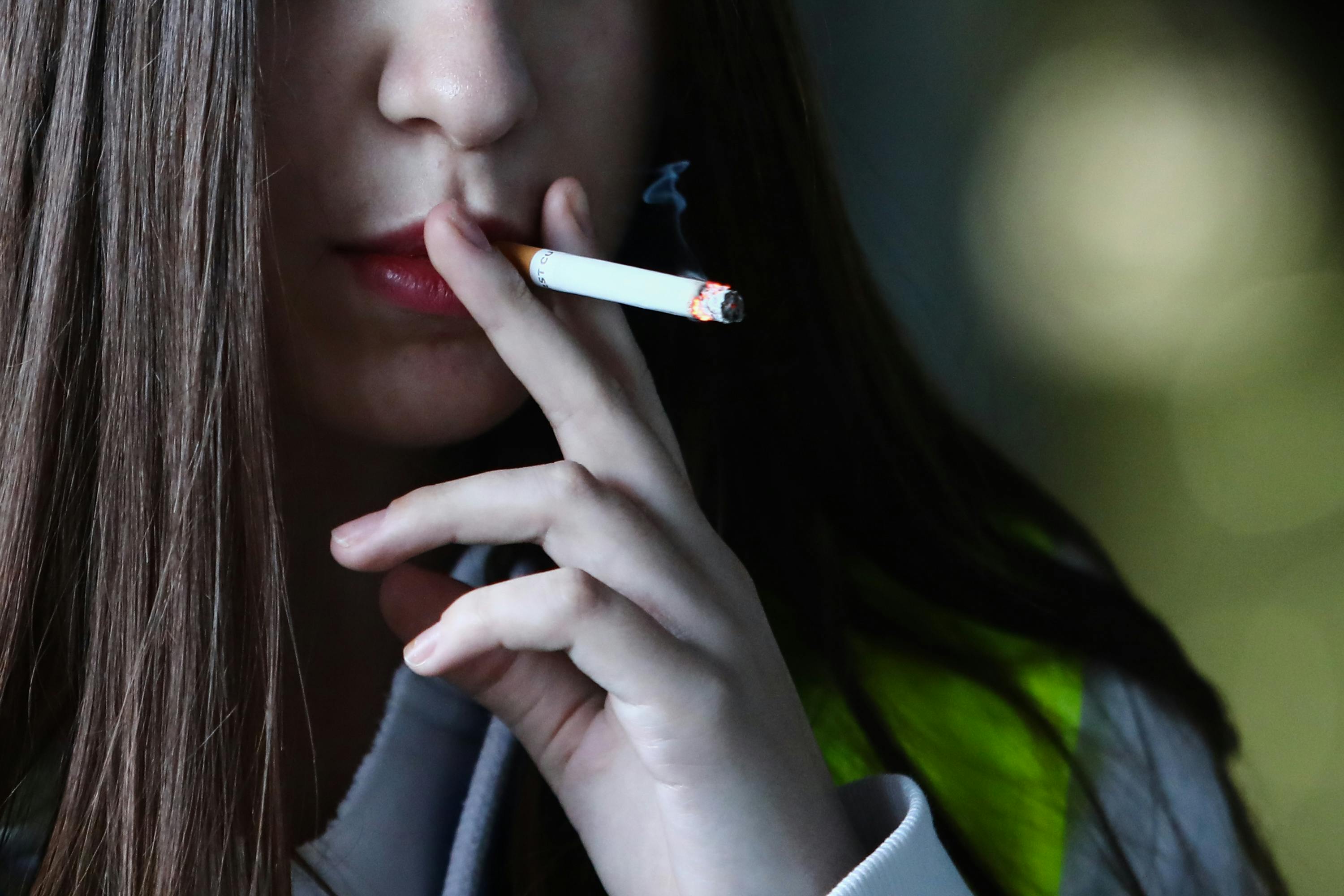New Zealand will repeal a trailblazing smoking ban designed to prevent new generations from taking up cigarettes as part of a deal struck by right-wing political parties forming a new coalition government.
The ban, slated to take effect next year, would have banned anyone born after 2008 from buying tobacco products. Its defeat comes as a disappointment to the public health community, which has promoted it as a roadmap for other countries to emulate.
New Zealand was poised to become the first country in the world to ban new generations from smoking. The repeal in New Zealand — and the shelving of a similar proposal in Malaysia — could weigh on a new effort in the United Kingdom to ban young people from buying cigarettes. The New Zealand and Malaysian laws were both cited in support of the U.K.’s proposal. Hong Kong is also considering a generational ban.
The New Zealand ban will be repealed as part of an agreement between the country’s center-right National Party and two other parties: New Zealand First and ACT, a libertarian party.
The law was initially passed by former Prime Minister Jacinda Ardern’s New Zealand Labour Party, but due to come into effect in July 2024.
Incoming finance minister Nicola Willis said New Zealand First and ACT were “insistent” about scrapping the regulations as part of the agreement to form the coalition government.
In addition to reversing the ban, the New Zealand government will also scrap planned measures to reduce the amount of nicotine in cigarettes and limit on the number of retail outlets that sell tobacco.
The smoking ban was projected to save about 8,000 lives by 2040. Its real is likely to hit the indigenous Māori community the hardest as smoking rates are over twice as high among Māoris than the general population.
An estimated 5,000 people a year die from smoking-related illnesses in New Zealand.
In a television interview with TVNZ, Willis did not respond to questions about on whether repealing the ban will lead to more deaths. New Zealand’s minister of health Dr Shane Reti said the government was not “walking away from long standing commitments by successive governments to reducing smoking rates”.
He added, “There are concerns that Labour’s latest changes would have increased the black market for tobacco, and an escalation of ram raids by concentrating retailers down to just a few suppliers. We remain committed to reducing smoking rates - and successive governments have certainly made tremendous progress in achieving that.”
The National Party has pledged to cut taxes for the middle classes. Willis has claimed that repealing the smoking ban will prevent a reduction in tax revenues, which will pave the way for tax cuts elsewhere due to the high excise duty on cigarettes. In the TVNZ interview, she revealed the arguments ACT and New Zealand First made in favor of reversing the tobacco control legislation.
“The logic from both ACT and New Zealand First when they came to the negotiating table was their concern that changes planned for the future to those laws would have a couple of nasty side effects,” Willis told TVNZ. “One, they were concerned with the emergence of a big black market for tobacco, unregulated, untaxed. Second, they were worried that by reducing the number of retail outlets to around 600 that we could see a huge increase in retail crime, ram raids, people being put in danger.”
Warnings around the increase in black market trade is an argument commonly made by the tobacco industry to prevent tobacco regulation. British American Tobacco and Imperial Brands reportedly warned of a rising illicit market when the smoking ban was being debated in the New Zealand legislature last year.
‘Generational’ cigarette bans debated around the world
On Monday, Malaysia’s government weakened an incoming tobacco bill by removing a policy that would have banned anyone born after 2006 from smoking.
The country’s Attorney General Ahmad Terrirudin Mohd Salleh claimed the policy was "unconstitutional." But this viewpoint is disputed by others, including legal scholar Shad Saleem Faruqi of the University of Malaysia arguing that it would have been constitutional.
U.K. Prime Minister Rishi Sunak is believed to have taken inspiration from New Zealand’s cigarette ban when he officially announced the U.K. would introduce its own ban on new generations taking up smoking as one of his flagship policies at last month’s Conservative Party conference.
The British public are supportive of the measure, according to a survey by polling company YouGov.
New Zealand’s tobacco ban also had widespread support with 78% of people supporting the proposal to increase the minimum age of purchase of tobacco each year, according to the ITC New Zealand survey.
Hāpai Te Hauora, a Māori public health organization, has accused the New Zealand government of ignoring public health evidence and called for it to reconsider reversing the ban.
"Our new government have an opportunity to advocate for not only Māori rights and interests but the entire nation’s well-being," Jason Alexander, interim chief executive officer of Hāpai Te Hauora said in a statement. "Aotearoa [New Zealand] is held up internationally as an example of truly innovative public policy for its pioneering efforts in tobacco control, setting a precedent for evidence-based policies that protect public health.”
“The proposed rollbacks undermine this legacy and the hard-won progress in reducing smoking rates."

